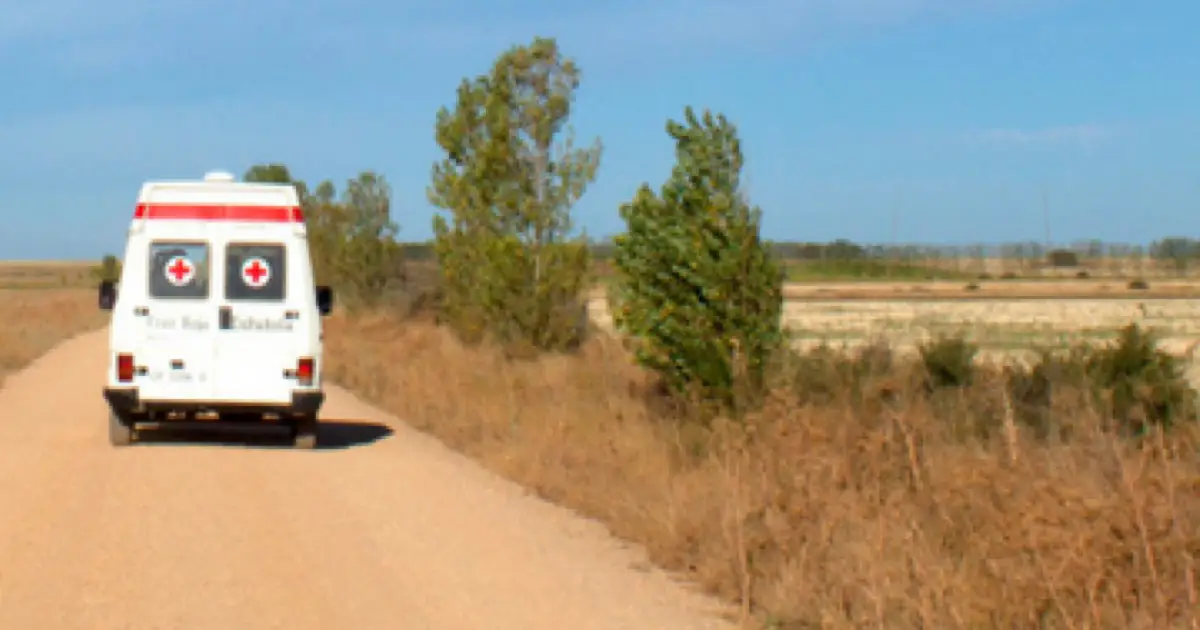Advancing EMS Through Research: Volume II
by
Jessica Cicciu
Apr 6, 2017

The "Advancing EMS Through Research" series highlights EMS eduational research projects conducted at our annual Fisdap Research Summit. To view more research projects, please visit: http://www.fisdap.net/research/projects.
Impact of Learning Environment on Paramedic Student Critical Thinking
Brittany Williams, DHSc, RRT, N REMT-P; Alexia Terwilliger, BS; Brett Williams, PhD; Bill Robertson, DHSc(c), MS, NRP; Rob Gurliacci, BPS, EMT-P; Charles Miller, RN, EMT-P; Kari Haley, MD; Carmen Elliott, MS, NRP, PhD(c); Ben Tape, BA; Logan Smestad, BA, NRP; Vincent Agboto, PhD; Zach Softich, AAS; Scott McIntyre, BA; Ron Lawler, BUS, NRP
Introduction: Increased high quality lab experiences for students are occurring as a result of implementation of the NREMT Paramedic Psychomotor Competency Portfolio (PPCP). Previous research suggests increased field experiences improve critical thinking ability. Impact of lab on critical thinking ability has not yet been examined. Impact of
clinical, field, and lab experiences on critical thinking ability was analyzed.
Methods: A retrospective review of Fisdap data collected between 2010 and 2015 was performed. Data obtained included each student's number of patient contacts in the laboratory, clinical, and field setting as well as first attempt score on critical thinking portions of a summative exam (Blue, PRE3 or PRE4). Inclusion criteria included student enrollment at a PPCP institution, summative exam taken after all patient contacts recorded, and graduation between 2010 and 2015. Pearson correlation between each environment and exam scores was performed. Multiple linear regression analysis was performed for each environment to determine impact on
critical thinking portion of exams.
Results: 1463 student data sets were included in the study. Significant correlation between field experience and score on critical thinking questions was found with both the PRE3 (0.271, p<0.01) and Blue (0.268, p<0.01) exams. No significant correlations between lab experience and score on critical thinking questions were found with any exam. Significant correlation between clinical experience and score on critical thinking questions was only found on Blue exam (0.101, p=0.002). Regression analysis was significant on PRE3 with one unit increase in field assessment results in 0.029% increase on score (p<0.01) and Blue with one unit increase in field assessment results in 0.032% increase on score (p<0.01). No significant impact of other experiences were found with any exam. Due to a small sample size, significant correlation was not identified with the PRE4.
Conclusion: The data confirms earlier findings that field experiences during paramedic education are crucial to the development of critical thinking abilities for paramedics. There is insufficient data to determine impact of lab experiences at this time. Further study is required following complete implementation of the PPCP.
Hungry for more EMS research? View more Fisdap Research Summit projects, or sign up for next month’s Prehospital Care Research Forum (PCRF) Journal Club discussion, sponsored by Fisdap.
Hungry for more EMS research? View more Fisdap Research Summit projects, or sign up for next month’s Prehospital Care Research Forum (PCRF) Journal Club discussion, sponsored by Fisdap.